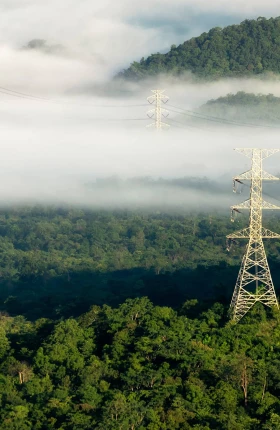
Education
- PhD, chemical physics, Harvard University
- BS, chemistry, valedictorian, Indiana University of Pennsylvania
Honors and Awards
- National Science Foundation Graduate Fellowship
- Mortar Board National Graduate School Fellowship
- National Phi Kappa Phi Graduate School Fellowship
- Barry M. Goldwater Scholarship
Tom Baker joined Boston Consulting Group’s San Francisco office as a consultant in 2011. As a core member of the firm’s Energy and Climate & Sustainability practices, he has worked for clients across the energy value chain. He is the global leader for the low carbon energy and infrastructure sector.
Tom has worked on clean-tech, low carbon energy, and other power topics with a variety of clients, including utilities, technology, industrial goods, and public sector companies, as well as clean-tech pure-players. He has rich experience across the US and globally, including project work in Europe, Asia, and Australia.
Tom is a scientist with experience and expertise in energy and clean technology—specifically solar photovoltaics (PVs) and other renewables, as well as clean hydrogen, carbon capture and energy efficiency. He has been a featured speaker and panelist at many industry conferences.
Among Tom’s projects are a rooftop-solar investment strategy he developed for a US utility—and a strategy he devised for a PV manufacturer to enter the distributed energy space (energy efficiency, energy storage, demand response). He also helped a US utility transform its business to integrate more renewables and offer new customer solutions.
Before joining BCG, Tom worked in strategic marketing at First Solar and also as a researcher at the University of California, Berkeley, where he worked with renewable technologies, such as lithium-ion batteries and hydrogen fuel cells. Tom has contributed to several BCG publications on the energy sector.
In his graduate work at Harvard University, Tom focused on computational solid-state physics applied to heterogeneous catalysis and PV.










